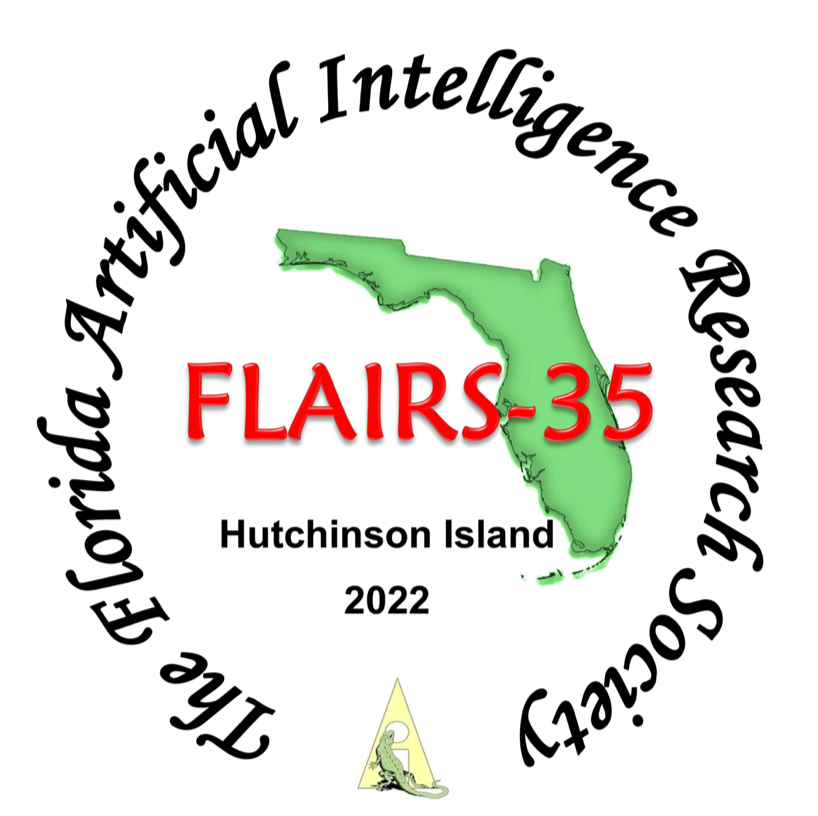Aggregation of Hierarchically-Organized Agents in a Multi-Agent System
DOI:
https://doi.org/10.32473/flairs.v35i.130822Abstract
Artificially intelligent agents are enjoying increased adoption in both the video game and simulation industry - being used for both training and education as well as entertainment purposes with largescale real-time strategy games. Both type of systems have a need for the simulation of large numbers of units. While traditional scalability solutions (e.g. segmenting the terrain and using separate hardware to process various sections) can be used, this is wasteful of processing power which could have been better used to approximate the results of far-flung conflict while disaggregating close-in conflict for the benefit of the user/trainee. Approaches to do so haven’t been investigated due to the smaller scales of simulations until recent developments. This paper provides an introduction to a modeling approach that can be used to bridge optimal control techniques with wargaming AI agents in order to provide cohesive aggregated and disaggregated AI forces within simulations.
Downloads
Published
How to Cite
Issue
Section
License
Copyright (c) 2022 Sarah Kitchen, Keith Brawner

This work is licensed under a Creative Commons Attribution-NonCommercial 4.0 International License.


